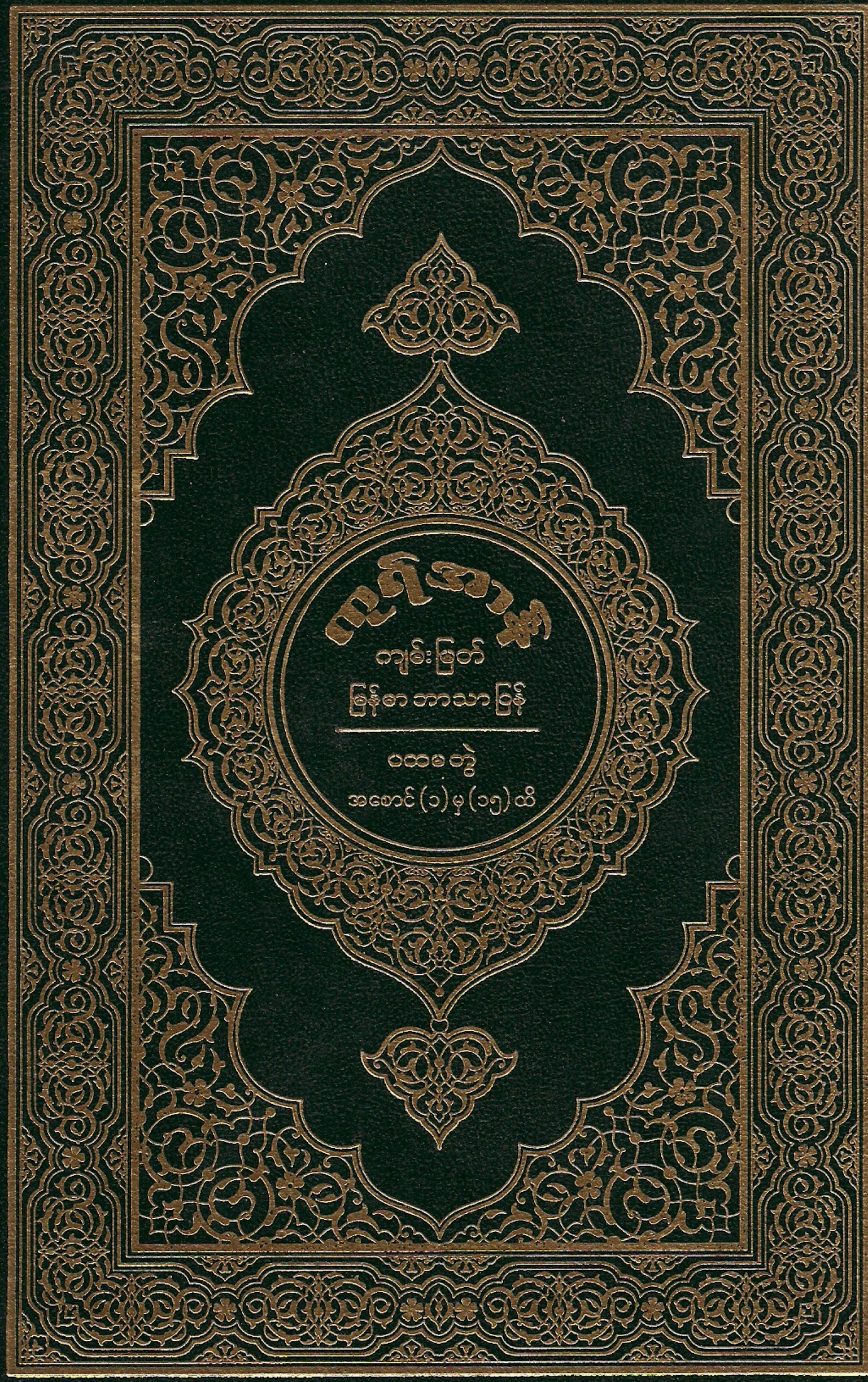Ch 3: 12 Equality Before Law,
Ch 3:13 Rulers Not Above the Law
Ch 3: 12 Equality Before Law
Islam gives its citizens the right to absolute and complete equality in the eyes of the law. As far as the Muslims are concerned, there are clear instructions in the Holy Quran and hadith that in their rights and obligations they are all equal: “The believers are brothers (to each other)” (49:10). The Prophet has said that: “The life and blood of Muslims are equally precious” (Abu Dawud; Ibn Majjah). In another hadith he has said:
“The protection given by all Muslims is equal. Even an ordinary man of them can grant protection to any man” (al-Bukhari; Muslim; Abu Dawud).The religious brotherhood and the uniformity of their rights and obligations is the foundation of equality in Islamic society.
As for as the non-Muslim citizens of the Islamic State, the rule of Islamic Shari’ah (law) has been very well expressed by the Caliph ‘Ali:
“They have accepted our protection only because their lives may be like our lives and their properties like our properties” (Abu Dawud). In other words, the non-Muslims’ lives and properties are as sacred as the lives and properties of the Muslims.
Discrimination of people into different classes was one of the greatest crimes, according to the Quran, Pharaoh used to indulge in: “He had divided his people into different classes,” … “And he suppressed one group of them (at the cost of others)” (28:4). Ch 3:13. Rulers Not Above the LawIslam clearly insists and demands that all officials of the Islamic State, whether he be the head or an ordinary employee, are equal in the eyes of the law. None of them is above the law or can claim immunity. Even an ordinary citizen in Islam has the right to put forward a claim or file a legal complaint against the highest executive of the country. The Caliph ‘Umar said,” On the occasion of the Battle of Badr, when the Prophet was straightening the rows of the Muslim army he hit the belly of a soldier in an attempt to push him back in line. The soldier complained “O Prophet, you have hurt me with your stick.” The Prophet immediately bared his belly and said: “I am very sorry, you can revenge by doing the same to me.” The soldier came forward and kissed the abdomen of the Prophet and said that this was all that he wanted.
Islam is against the selective prosecution.
A woman belonging to a high and noble family was arrested in connection with a theft. The case was brought to the Prophet, and it was recommended that she may be spared the punishment of theft.
The Prophet replied:“The nations that lived before you were destroyed by God because they punished the common men for their offences and let their dignitaries go unpunished for their crimes; I swear by (God) that even if Fatimah, the daughter of Muhammad, has committed this crime then I would have amputated her hand.” During the caliphate of ‘Umar, Muhammad the son of ‘Amr ibn al-‘As the Governor of Egypt, whipped an Egyptian. The Egyptian went to Medina and lodged his complaint with the Righteous Caliph, who immediately summoned the Governor and his son to Medina. When they appeared before him in Medina, the Caliph handed a whip to the Egyptian complainant and asked him to whip the son of the Governor in his presence. After taking his revenge when the Egyptian was about to hand over the whip to ‘Umar, he said to the Egyptian:
“Give one stroke of the whip to the Honourable Governor as well. His son would certainly have not beaten you were it not for the false pride that he had in his father’s high office.” The plaintiff submitted: “The person who had beaten me, I have already avenged myself on him.”
‘Umar said: “By God, if you had beaten him (the Governor) I would not have checked you from doing so. You have spared him of your own free will.” When the Islamic State was flourishing in its pristine glory and splendour, the common people could equally lodge complaints against the caliph of the time in the court and the caliph had to appear before the qadi to answer the charges. And if the caliph had any complaint against any citizen, he could not use his administrative powers and authority to set the matter right, but had to refer the case to the court of law for proper adjudication.
Filed under: Uncategorized |












+(Small).jpg)


Leave a comment